Sudafed Mucus Relief Triple Action -Tablets Pack of 16
₵57.80
Sudafed Mucus Relief Triple Action tablets are used for the relief of symptoms of colds and flu, including aches and pains, headache, blocked nose, sore throat, chills and chesty coughs.
This medicine contains:
paracetamol which is a pain reliever (analgesic) and helps reduce your temperature when you have a fever, guaifenesin which is an expectorant to help loosen phlegm, phenylephrine which is a decongestant to reduce swelling in the passages of the nose to help you breathe more easily.
Active ingredients: paracetamol 250mg, guaifenesin 100mg and phenylephrine hydrochloride 5mg.
The other ingredients are: microcrystalline cellulose, stearic acid, povidone, hypromellose and polyethylene glycol.
Swallow the tablets whole with water. Do not chew.
Adults, the elderly and children 12 years and over:
Take 2 tablets every 4 hours, as required.
Do not take more than 8 tablets (4 doses) in any 24 hour period.
Do not give to children under 12 years.
Do not exceed the stated dose. If your symptoms persist or worsen, you must see a doctor or pharmacist.
Immediate medical advice should be sought in the event of an overdose, even if you feel well, because of the risk of delayed, serious liver damage. Go to your nearest hospital casualty department. Take your medicine and the leaflet with you.
Do not take this medicine if you:
- are allergic to paracetamol, guaifenesin, phenylephrine or any of the other ingredients
- have a serious heart condition
- have high blood pressure (hypertension)
- have diabetes
- have an overactive thyroid
- have glaucoma
- have difficulty passing urine
- are taking antidepressant drugs called monoamine oxidase inhibitors (MAOI’s), or have taken them within the last 14 days - these are medicines such as phenelzine and isocarboxazid
- are currently taking other decongestant drugs or stimulants (e.g. ephedrine, amfetamines and xylometazoline).
- are pregnant or breast-feeding
- suffer from kidney or liver problems, including alcoholic liver disease
- have circulatory disorders such as a condition called Raynaud’s Phenomenon, which results
- from poor circulation in the fingers and toes
- have angina
- have an enlarged prostate gland, as this may cause more difficulty in passing urine.
- medicines to treat high cholesterol levels which reduce the amount of fat in the blood such as colestyramine
- medicines to control feeling sick or being sick such as metoclopramide or domperidone
- medicines called anti-coagulants, which are used to thin the blood such as warfarin or other
- coumarins - you may take occasional doses of paracetamol but should consult your doctor if you need to take it on a regular basis
- barbiturates (for epilepsy or to help you sleep), such as phenobarbitones
- tricyclic antidepressants such as imipramine, amitriptyline
- medicines to treat heart or circulatory problems, or to lower blood pressure, (e.g. digoxin, guanethidine, reserpine, methyldopa)
- beta blockers (e.g. atenolol) or vasodilators (e.g. hydralazine)
- phenothiazines used as sedatives (e.g. chlorpromazine, pericyazine and fluphenazine)
- if you are going to have a general anaesthetic as this may cause changes in heart rhythm.
- allergic reactions such as skin rash
- stomach upsets
- tingling or coolness of the skin
- a faster or slower heart beat
- difficulty sleeping (insomnia)

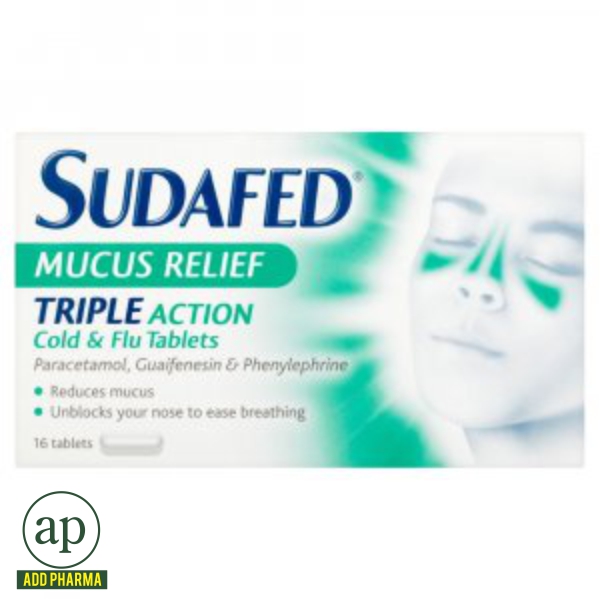
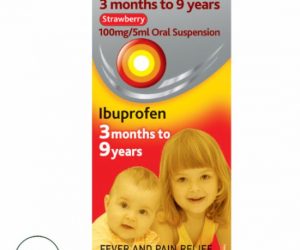
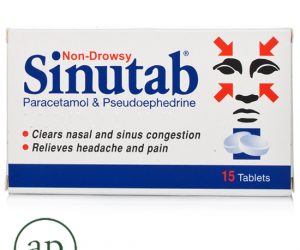
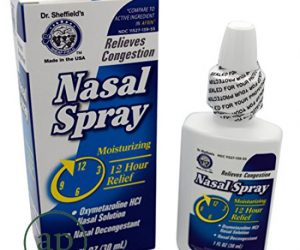
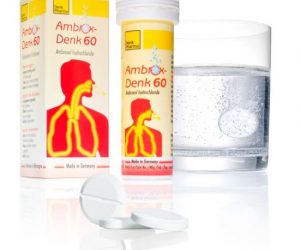
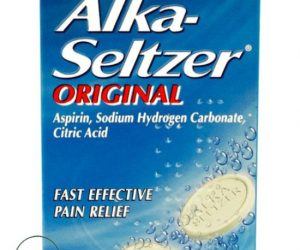
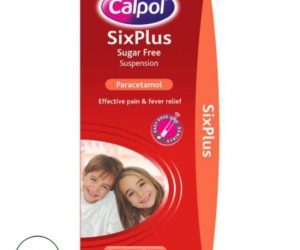
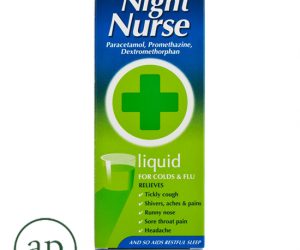
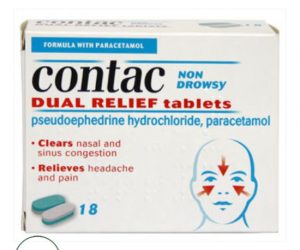
Reviews
There are no reviews yet.